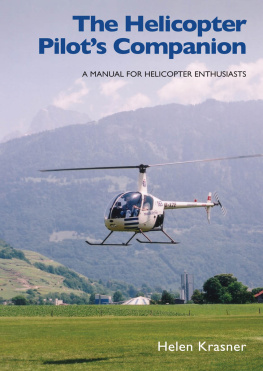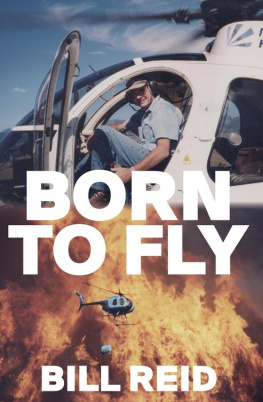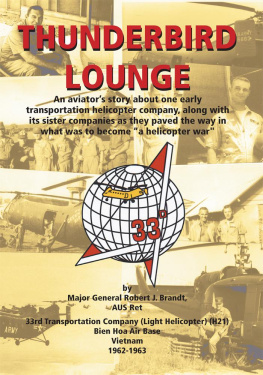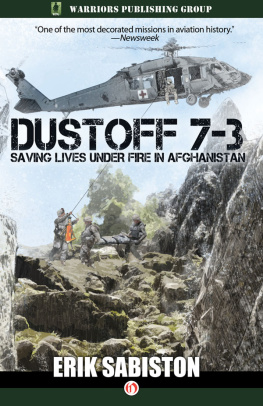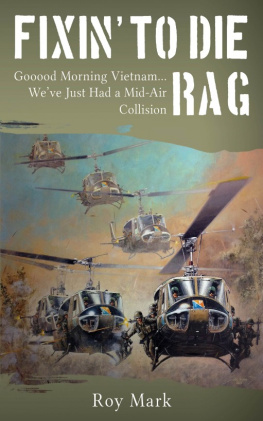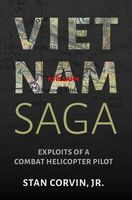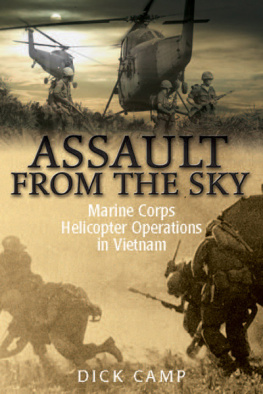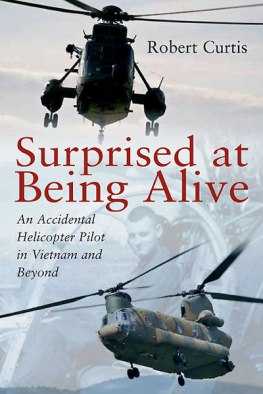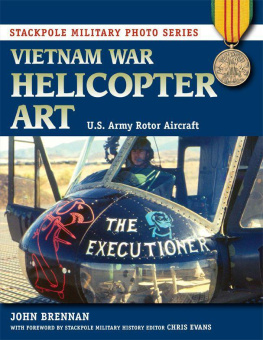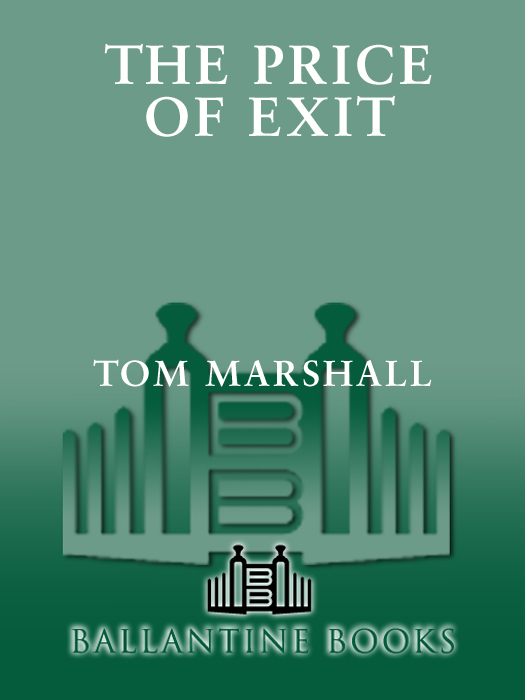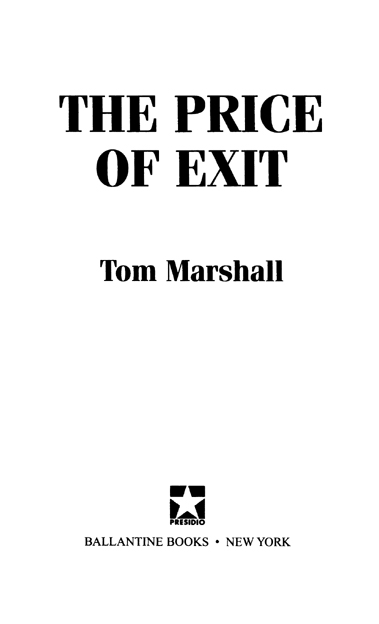In the Phoenix Company, an unspoken, solemn vow was lived: Americans were on the ground; the Phoenix would come to get them!
As they came on short final (one-fourth mile out), the fire grew heavier. Then Mayberry slammed the Huey down amid the exploding mortar rounds, while six heavily laden soldiers rushed for the helicopter. A mortar round hit in front of the soldiers and another simultaneously just behind them. Flattened like bowling pins, the group was thrown to the ground, all badly wounded. Mayberry shouted to the crew chief, Sp5. John Ackerman, and the door gunner, Sp4. Wayne Wasilk, Get them! The two young Minnesotans rushed twenty yards through the mortar fire, helped four of the men up, and shouldered them to the helicopter. The firing continued, landing all around them, and Rayburn felt AK-47 rounds and mortar fragments peppering his Huey as if the Hueys skin were his own.
Mayberry looked over his right shoulder, through the cargo bay door to his right rear. Mortars were being walked up the mountainside toward him as he watched. He held his breath, waiting for the next round.
A Presidio Press Book
Published by The Random House Publishing Group
Copyright 1998 by Tom Marshall
All rights reserved.
Published in the United States by Presidio Press, an imprint of The Random House Publishing Group, a division of Random House, Inc., New York, and simultaneously in Canada by Random House of Canada Limited, Toronto.
Presidio Press and colophon are trademarks of Random House, Inc.
www.ballantinebooks.com
Library of Congress Catalog Card Number: 97-95366
eISBN: 978-0-307-75812-5
v3.1
To those who remembered their birthdays,
for those whod come when you were downed,
ABOVE THE BEST!
Stoop, Angels, hither from the skies
There is no holier spot of ground
Than here where defeated valor lies
By mourning beauty crowned
H ENRY T IMROD
Contents
Preface
In 1994, President Bill Clinton, who had refused his countrys call to service during the Vietnam era, signed a law permitting business and trade with the people of Vietnam. By years end, one-fourth of tourists to the country were American college students. One-half of the businessmen visiting were Americans.
President Clinton, however, was not alone in his opposition to the war. During Clintons college years, hed worked for Arkansas Senator J. William Fulbright, a longtime opponent of the war. Fulbrights 1966 book, The Arrogance of Power, influenced the antiwar movement. In it Fulbright stated, In a democracy, dissent is an act of faith, to criticize ones country to do it a service. It is an act of patriotism.
Some Americans sought college deferment from the military draft. A few moved to foreign lands, renouncing American citizenship. Others, sunshine patriots, joined local reserve or national guard units, knowing that call-up for service in Vietnam was unlikely. Personnel slots in those units evolved into such sought-after commodities by 1968 that they became subject to political favoritism as politicians offered help to distressed parents of draftage sons. Parents with financial or political ability, desperate to avoid risking their sons lives in a foreign land, fueled the inequities of the selective service system.
One-third of the male population would honor the selective service draft or volunteer for military service. The Vietnam era conflict was the major sideshow of the Cold War. Only 12 percent of the total eligible male population served in Vietnam. According to military sources, a very small number, less than 3 percent of the male population, served as combatants. However, those who served in country understood that all were subject to 122mm rocket and 82mm mortar raids, even in the supposedly secure rear areas of noncombatants.
This is the story of many who served in army helicopters. The last two major actions in I Corps were the major events of 1970 and 1971. No one wanted to be the last man killed there, yet they served proudly, winning personal battles and enduring hardships despite a declining war effort. Army aviation traditions were born and strengthened in the actions of Firebase Ripcord, Landing Zone Lolo, and Pickup Zone Brown.
There had been five years of American buildup before the time of Hamburger Hill, in May 1969, which would symbolize the tragic, downward spiral that ended with the American exit. It would take the United States three years to exit the battlefields of South Vietnam. More men would die after the decision to leave was made than during the preceding five years.
After Hamburger Hill, those who served, merely following orders and performing their duties, were patriots in the most difficult of times. While others ran, protested, and evaded, those who were drafted and those who volunteered truly earned their rights as veterans and patriots.
As the war effort waned, the demands on the helicopter crews did not diminish. The enemy added new and more powerful antiaircraft weapons, claiming more and more helicopters until the very end. The helicopter crews were all volunteers called upon to support a much less capable Army of South Vietnam while American troops departed the combat zone. As the American departure accelerated, it was the helicopter pilots, crew chiefs, and gunners who paid the heavy price of withdrawal.
When an army helicopter was shot down, another helicopter crew instantly dived to save the downed crew. Others continued the mission with resolve and, most importantly, absolute faith in their brother fliers.
Some pilots were labeled cowboys, some anointed paladins. But all were volunteers. They championed an unpopular American war effort, flying just above the trees, on warhorses of magnesium, aluminum, and fiberglass.
When the time came to pay the toll for American exit, the price of exit could only be paid in warrior souls.
This book would not be possible had I not met through the Vietnam Helicopter Pilots Association former Phoenix pilots Ken Mayberry and Jack Glennon, together with Mike Sloniker, Lt. Col., U.S.A. Retired, who also served in the army during that period. Their importance is explained in the story.
This story began as my autobiography, covering the time I served as a warrant officer aviator in the period August 19, 1970, through August 18, 1971. As I began the research and writing it evolved into something very different. In order to understand the horrors of the Laotian invasion and the experiences of the helicopter crews, one had to understand the Firebase Ripcord story.
I entered the war in August 1970 at An Khe in the Central Highlands of II Corps. When the 4th Infantry Division departed, I transferred to an assault helicopter company, C Company, 158th Aviation Battalion, 101st Airborne Division, which had the call sign Phoenix. The Phoenix was one of the most highly decorated assault helicopter units in I (eye) Corps. The consequence of being a Phoenix and working the worst AO (area of operations) was the loss of thirty-four pilots and crewmen in twenty-four months. The number of Phoenix aircraft damaged and destroyed was also heavy. Only nine of the original twenty Hueys shipped to South Vietnam returned home. Even those sustained major combat damage.
I have solicited advice and recommendations from those who also served when I did. Where possible, individuals described in the story have participated in the review process. All involved agree that personal perspectives vary. The heat of battle, compounded by mission responsibilities, frequently leaves even well-trained minds in a sensory overload. Each of us remembered pieces of the puzzle differently. The bibliography lists published sources that I referred to while writing. Where possible, real names have been used, but some names have been changed to protect the privacy of individuals.


